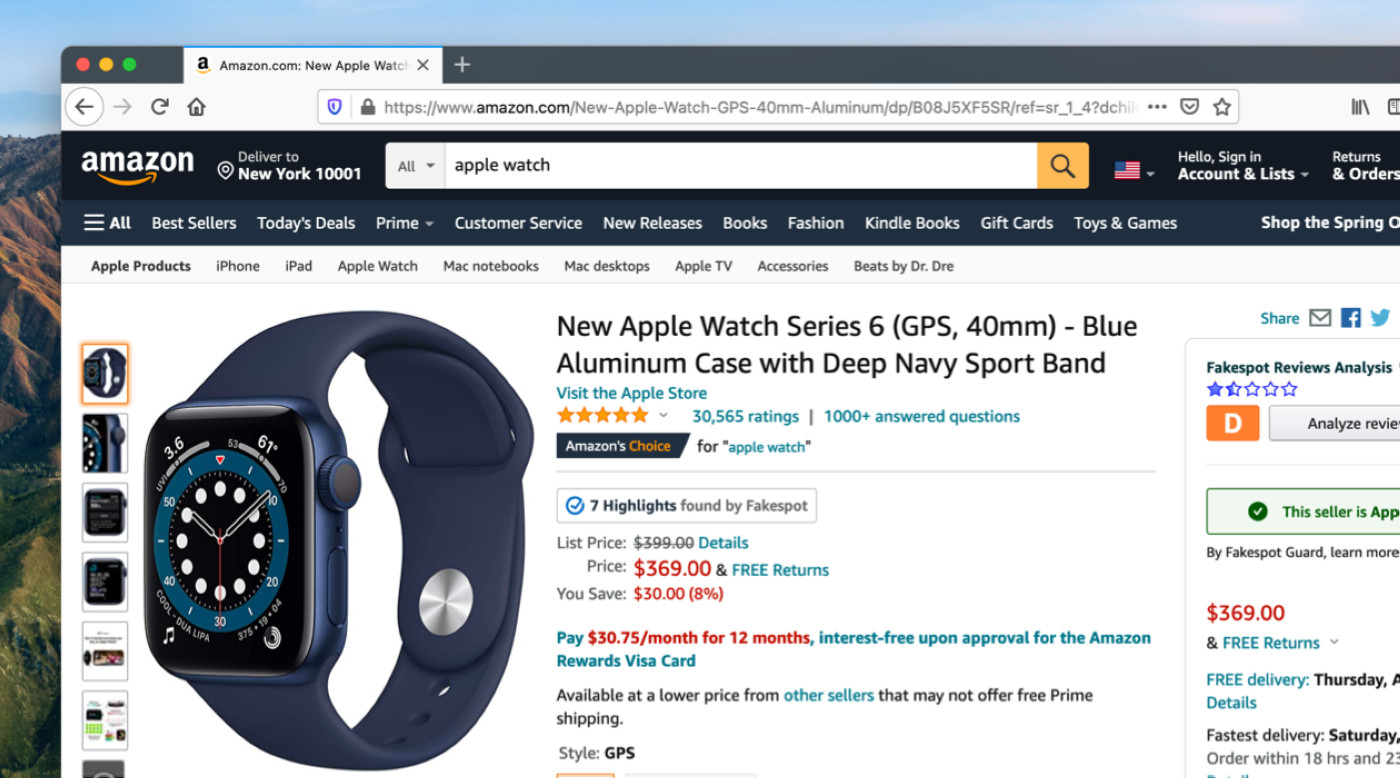Chrome and Firefox: version 100 may not access some sites
Google and Mozilla will release version 100 of Chrome and Firefox in 2022, and a Y2K bug equivalent is expected to occur. Internet users may not be able to access some sites.
Beware of versions 100 of Chrome and Firefox
Google is aware of this problem. This is explained by the fact that the number of browsers will change to three digits instead of two. Each site checks the browser user-agent for information, including the name of the browser, the version used or the operating system.
It turns out that several sites are developed with Duda, a website editor. The problem is, Duda only reads the first two digits. Thus, Chrome 96 is recognized as Chrome 96. On the other hand, Chrome 100 will be recognized as Chrome 10. Duda blocks access to versions lower than Chrome 40 (which came into being in 2015), in view of its design. Therefore, sites that have used this editor will not be able to accept Internet users with the latest versions of Chrome and Firefox.
As said before, Google is aware of this problem which mainly affects old websites. A fallback plan is to change the user agent and display 99 first. So Google would suggest something like Chrome / 99.100.1234.56 instead of Chrome /100.0.1234.56. As we can see, 99 would always appear first and the “real” browser version would be right after (100 in this case).
But Google only intends to use this system as a last resort. Its main solution is to contact sites that use Duda so that they can make adjustments and accept Chrome 100 (and Firefox 100), as well as later versions. In fact, there was a similar problem with the Yell Business site editor. Google was able to contact him, and Yell Business rolled out a patch to accept the triple-digit versions.
Chrome 100 will be launched at the end of March in 2022. For Firefox 100, it will be in May 2022.


